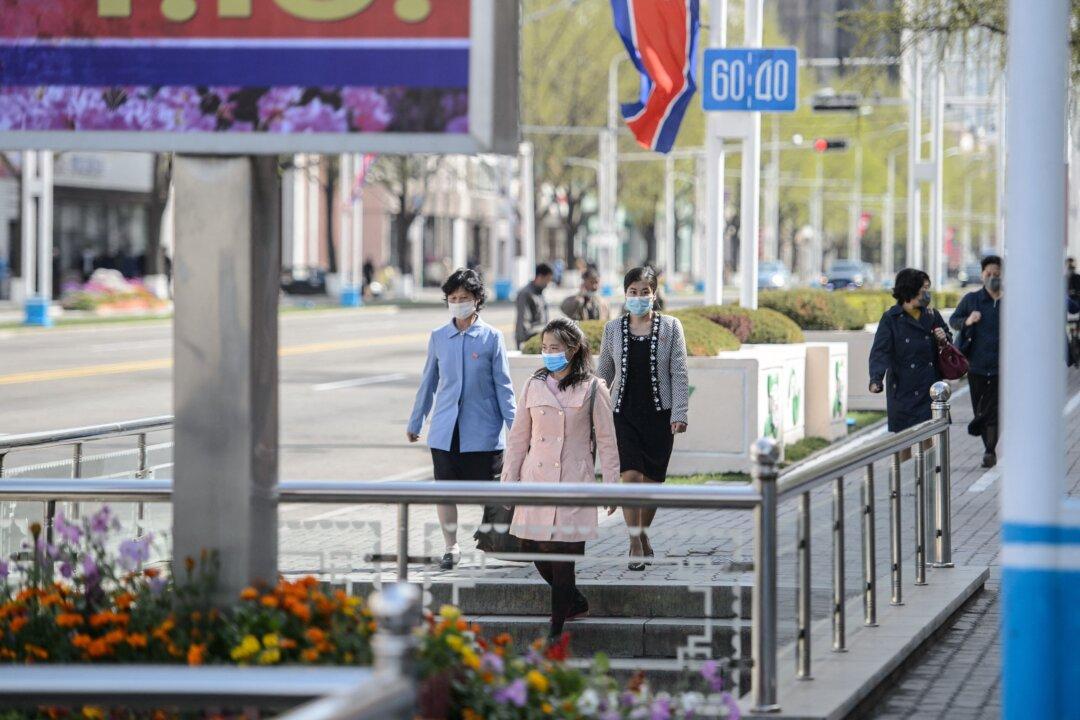North Korean leader Kim Jong Un has ordered the military to help stabilize the supply of the medicines in Pyongyang, blaming officials for their “irresponsible work attitude” that he claims has caused the country’s outbreak.
North Korea reported eight fever-related deaths on May 16 and detected 392,920 more people with fever-like symptoms, according to state-run Korean Central News Agency (KCNA). The country’s official fever death toll has now reached 50, although authorities face challenges in confirming COVID-19-related deaths due to a limited testing ability.





